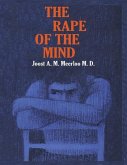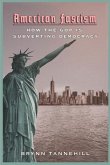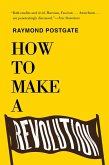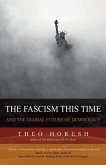The Kyoto School philosophers have been incessantly toggled in recent historiography between two political alignments - liberalism and fascism. Without a doubt, the Kyoto School philosophers were liberal in their textual labours. The question is this, then: why, in the turbulent decades of the 1930's and 40's, was liberal philosophy so prone to fascism? On Contended Ground They Thought In the last two decades there arose a debate centered on the political and ideological intentions of Kyoto School of philosophy. Philosophers of the Kyoto School - those who surrounded Nishida Kitaro1 (1870-1945) and Tanabe Hajime (1885-1962) at the University of Kyoto - were thrust into academic scrutiny by Najita Tetsuo and Harry Harootunian in a 1988 essay, "Japanese Revolt Against the West," in which late Kyoto-school philosophy was critically depicted as a "a thinly disguised justification... for Japanese aggression and continuing imperialism,"2 for what is known in Japan as the Fifteen-Years War (1931-1945). For fascist ideology, the philosophy of the Kyoto School offered a holistic sense of purpose in which the goal was the sublimation of the active self into an ultimately concrete, ideological space, located in later Kyoto School works in the person of the Emperor. Hence the Emperor became the conceptual fulcrum by which modernity might be removed from Japan and the campaign to control Asia was intellectually linked to overthrowing Western modernity throughout Japan and other Asian nations. It is significant that the project of the Kyoto School began as a criticism of modernity, and sought to escape the confines of subject/object and linear historical time.








